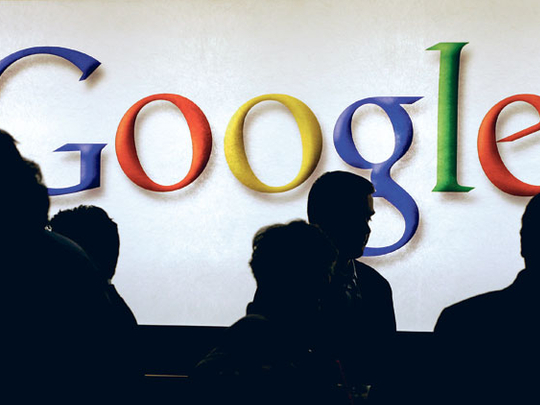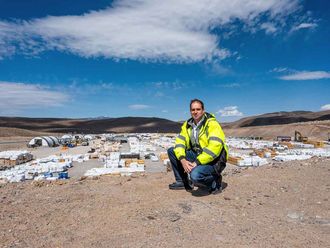
Washington : Google, owner of the world's largest search engine, said it mistakenly collected data sent over Wi-Fi networks as part of its Street View service, which lets users see pictures of streets on Google Maps.
The company will stop gathering Wi-Fi information entirely for Street View, according to a blog posting. Some of the data collected may have included web addresses and e-mail snippets, a person with knowledge of the situation said.
German authorities had asked to audit the data that Google collects for its location-based services, such as the mobile-phone version of Google Maps. Google said its Street View cars, which rove around taking pictures, collected information from networks they drove past that weren't password-protected. While it was disappointing that it took a government inquiry to discover the mistake, Google's steps were positive, said Chris Conley, a fellow at the American Civil Liberties Union.
"They seem to be responsive to the problem, rather than brushing it under the rug," said Conley on Friday, who focuses on technology and civil liberties at the ACLU of Northern California in San Francisco. "Today's response was definitely good. They've admitted that was a fairly bad failure on the trust scene because they've been doing this for a while."
The company said it stopped its Street View cars as soon as it learned of the mistake. Google plans to delete the data it collected after consulting with regulators.
"The engineering team at Google works hard to earn your trust and we are acutely aware that we failed badly here," Alan Eustace, a senior vice-president, said on the blog. "We are profoundly sorry for this error and are determined to learn all the lessons we can from our mistake."
The amount of information collected was about 600 gigabytes, roughly the same size as a standard consumer hard drive, Google said. The error was discovered while responding to an inquiry from German regulators, the Mountain View, California-based company said.
Google also said it will hire a third-party company to audit the incident and confirm that the information is disposed of. It plans to assess its internal procedures to ensure these kinds of mistakes don't happen again.











